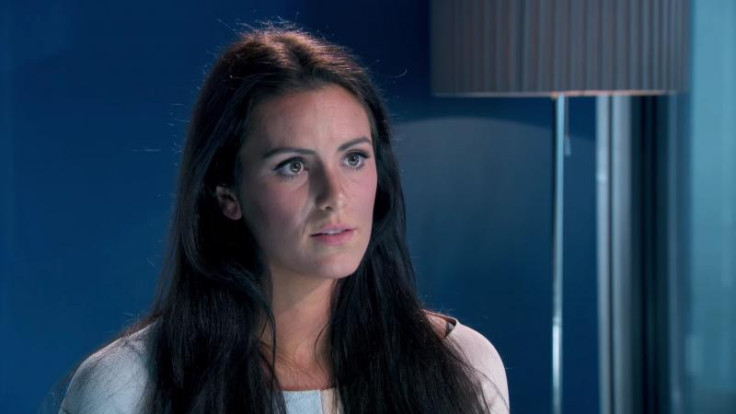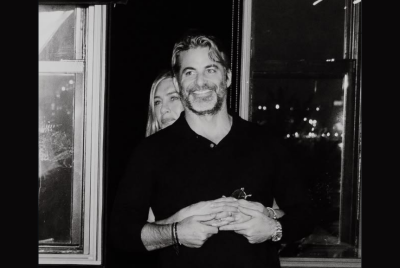Why are men still rating women out of 10 for their looks?
This weekend a Big Brother housemate said "Come back when you're a 10".

This week has seen a huge collection of inspiring women coming together. Over the last couple of days, there have been peaceful protests on every continent, with some marches reaching as many as 1.3 million in attendance. Amid this huge show of solidarity, it's almost laughable to think of some of the things women still have to deal with. Yesterday, it was a president accused of sexual assault. Today in sexism: Rating women for their looks.
This age old game seems to have reared its ugly head again. In the Celebrity Big Brother house over the weekend, two contestants started numerically valuing Jessica Cunningham, a businesswoman known for appearing on the reality TV show The Apprentice. "She is fit though", says footballer Jamie O'Hara. "It's just her personality that annoys me..." "Come back when you're a 10". Calum Best then replies "Have you seen my track record?". The BB house is hardly known for being a hotbox of tolerant views, but this exchange is testament that the 'art' of rating women has not died quite yet.
Since humankind began (approximately), men have been obsessed with giving women ratings on their looks. Guys in my halls at university did it to the young women, despite the collective interest of us all being there to study. It seems to be a truth universally acknowledged.
Have a swift Google and you'll find that that this is far from old news – websites like King of Kings, known for it's grim PUA/MRA stance, give an easy guide to the system in an article from 2013. It states that ratings should be based on things like whether you would sleep with them, and evaluations should never be influenced by emotions. There's even explanation on how to binary systems don't work. It really is a wild read.
It doesn't stop there. There are still swathes of the internet dedicated to exhausting over women's looks. From "pick up" sites that sell themselves on being able to help you bag an eight or a nine, to subreddits like /theredpill that describe women by numbers, or Urban Dictionary, it's still pretty popular. Even, apparently, on planes. A website called Trippy recently gained coverage, allowing you to rate flight attendants with the objective of finding which airline has the best looking staff. Never mind good meals or a cheap trip to Barcelona, apparently it's all about who you can ogle after eight hours of being stuck in a small metal box.
Surprisingly, one of the earliest examples of these websites actually came from the founder of Facebook, Mark Zuckerberg. He might seem like a morally righteous guy after his philanthropy, but lest we forget that one of his original creations was something called Facemash, a website designed to pit women against themselves, known as the Harvard version of the Am I Hot or Not?. Although not strictly for rating, Facemash tapped into the same age-old prejudice: that women were only valuable for their looks.
Although feminism has become a lot more mainstream over the last 10 years, there's still this huge collective of men that see women as literally nothing more than their looks. Manifestations of this type of oppression seem to have increased through the internet, not only by allowing technology to build websites for comparisons, but also by allowing men wanting to objectify women to come together. It only takes a few minutes scrolling through the right Reddit threat to realise the sad reality of how women are still viewed, particularly from the distance of a computer screen.
It's hardly a radical thought, but maybe it's time we just stopped trying to place a value on women's looks. Diversifying what we consider attractive, as well as remembering that it actually doesn't matter how you look, are all better things to pass the time on a pathetic rating system. Maybe you're the type of woman who likes wearing lipstick, maybe you don't care how you look; either is fine. The point is that the decision should be the woman's, not a bunch of lonely dudes with nothing better to do than perpetuate oppressive beauty standards.
Ruby Lott-Lavigna is a journalist writing on culture and politics for the New Statesman, Vice, the Guardian and Wired. She is based in London. Follow her @RubyJLL
© Copyright IBTimes 2025. All rights reserved.





















